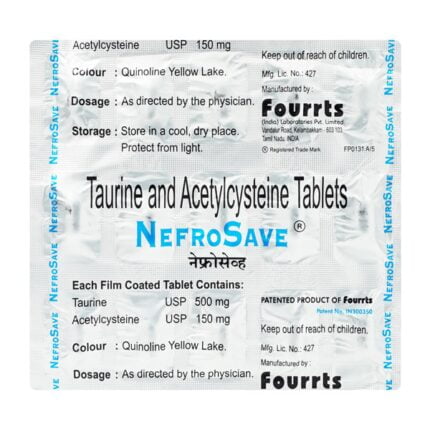Product introduction
Shine 10mg Tablet is normally taken before bedtime because it can make you feel sleepy. It can be taken with or without food. The dose and how often you need to take it will be decided by your doctor so that you get the right amount to control your symptoms. The initial dose should be increased with great caution under close supervision. This medicine may not work straight away and it could be several weeks before you get the full effects.
How long you need to use it will depend on what you are taking it for, but it is important to continue taking this medication even if you feel well. Do not stop taking the medicine suddenly without talking to your doctor. Stopping the medicine suddenly can worsen your conditions or cause other symptoms. Your dose may be modified or gradually decreased before stopping the medication.
The most common side effects of this medicine include nausea, constipation, sweating, dry mouth, sleepiness, tremor, dizziness, headache, speech disorder, accommodation disorder, increased heart rate, orthostatic hypotension, and nasal congestion. It may also make you aggressive or confused and can lead to weight gain in some people.
This medicine is not addictive, but you can experience additional side effects (withdrawal symptoms) if you stop taking it suddenly. Most of the common side effects tend to be mild. Your doctor may be able to suggest ways of preventing or reducing side effects if they bother you or do not go away. Serious side effects associated with this medicine are rare.
Uses of Shine Tablet
- Treatment of Depression
- Treatment of Migraine
- Neuropathic pain
Side effects of Shine Tablet
Common side effects of Shine
- Nausea
- Constipation
- Dryness in mouth
- Aggressive behavior
- Nasal congestion (stuffy nose)
- Sleepiness
- Dizziness
- Headache
- Decreased libido
- Fatigue
- Confusion
- Tremors
- Speech disorder
- Weight gain
- Taste change
- Paresthesia (tingling or pricking sensation)
- Abnormality of voluntary movements
- Loss of accommodation
- Micturition disorders
- Orthostatic hypotension (sudden lowering of blood pressure on standing)
- Erectile dysfunction
- Abnormal ECG
- Decreased sodium level in blood















